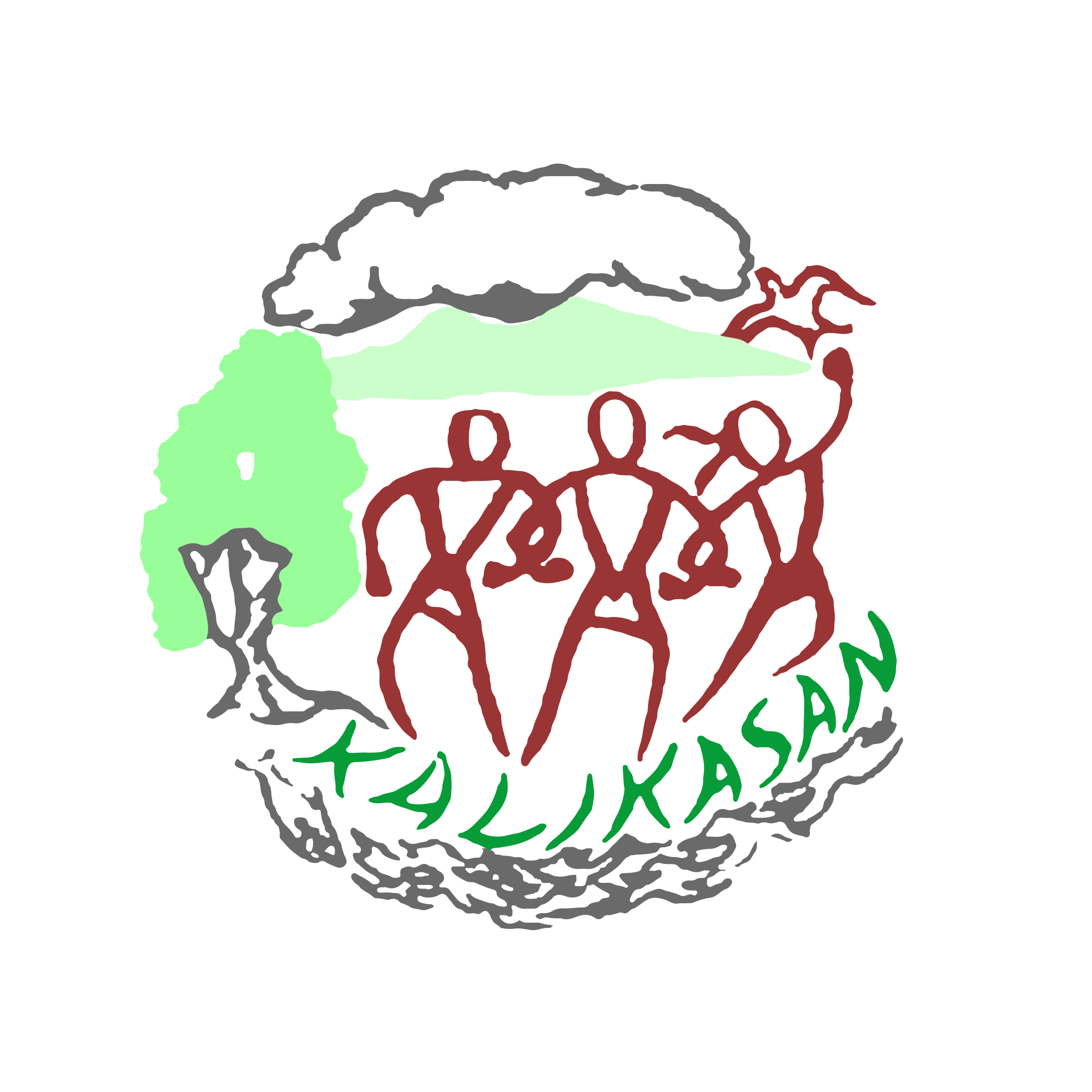Ensuring ecological health is a key public health solution for the rapidly spreading COVID-19 pandemic in Metro Manila. A metro-wide cleanup and disinfection program should be one of the priority actions to deter the persistence of the virus in critical spaces where huge populations are exposed.
41% of Metro Manila families or around 8.2 million individuals consider themselves poor. This is a huge segment of the population that have no disposable income to sufficiently clean and disinfect their households and communities. It is the duty of the State to support these vulnerable sections of society by supplying them with adequate water supplies, and soap and other cleaning materials.
The Metro-wide cleanup must be methodical. Authorities must initiate house-to-house cleanup drives in the areas where confirmed COVID-19 cases are located in Pasig, Marikina, Quezon City, San Juan, Manila, Makati, Las Pinas, and Mandaluyong.
An aggressive testing program must be pursued to further identify positive carriers as they did in South Korea, which had the capacity to conduct 20,000 tests per day. The travel histories of positive cases must be immediately tracked to guide precise cleanup and disinfection drives.
The Inter-Agency Task Force for the Management of Emerging Infectious Diseases (IATF-EID) should mobilize health workers who are technically competent to educate and assist households in properly implementing the cleanup alongside promoting sanitation and hygiene. Mobilizing 40,000 health personnel instead of 40,000 police personnel for the community quarantines would have been the logical thing to do.
We urge government to invest in procuring eco-friendly alternative cleaning substances in their cleanup. Soap-water solutions using organic soap free of parabens, triclosan, and other harmful chemicals should be used for the initial cleaning. This must be followed by disinfectant solutions such as bleach, hydrogen peroxide, and alcohol with proper dilution to avoid adverse impacts such as excessive pollution.
Water services must be improved to ensure that all COVID-positive areas as well as other high-exposure areas have adequate supply for sanitation and hygiene. Last year, 1.2 million families lost access to water because of the water management crisis we faced in Metro Manila. In the 2017 World Health Organization and UNICEF joint monitoring report, it was revealed that only 50% of urban water sources are free from contamination.
Strategically, the cleanup must be part and parcel of a comprehensive economic relief and public health service program that provides nutrition, water, sanitation and hygiene (WASH), medicine, and work compensation. We urge the Duterte administration to come out with an economic stimulus package for this urgently needed comprehensive solution.
This should be a win-win scenario for the government, seeing as a 2008 US-AID study shows how the Philippines is losing PHP77.8 billion a year because of poor public sanitation. There will also be cascading effects like improved labor productivity and increased public spending in more productive expenditures.
The Duterte government should reconsider its present shock-and-awe approach of peace and order containment that lacks substantive public healthcare solutions to the COVID-19 outbreak. A more humane, economic and public health care-oriented approach will definitely save lives of thousands and improve the safety and wellbeing of millions.#
